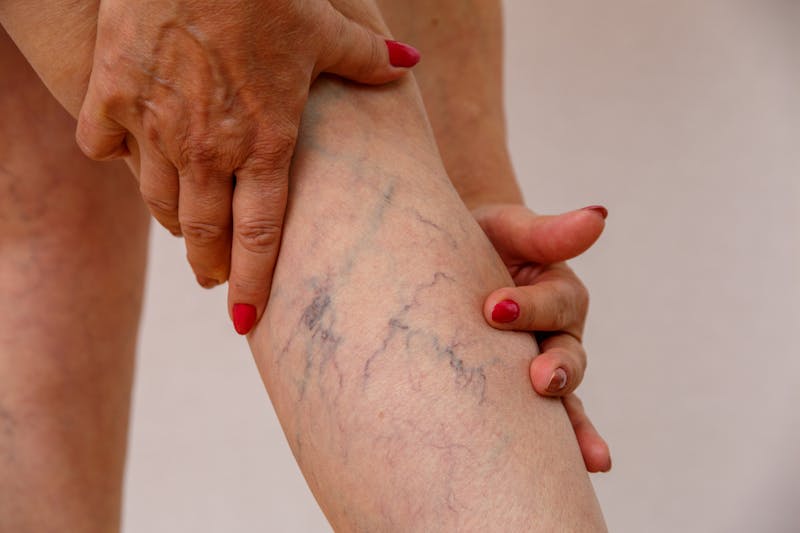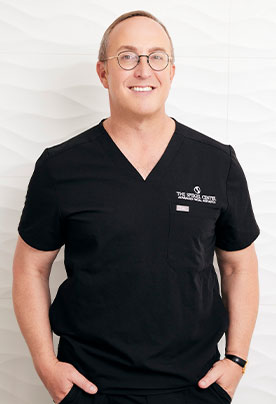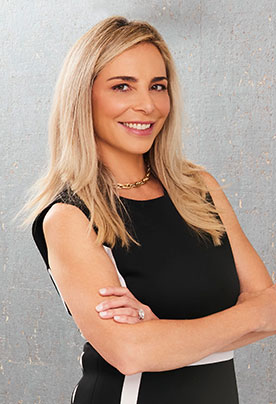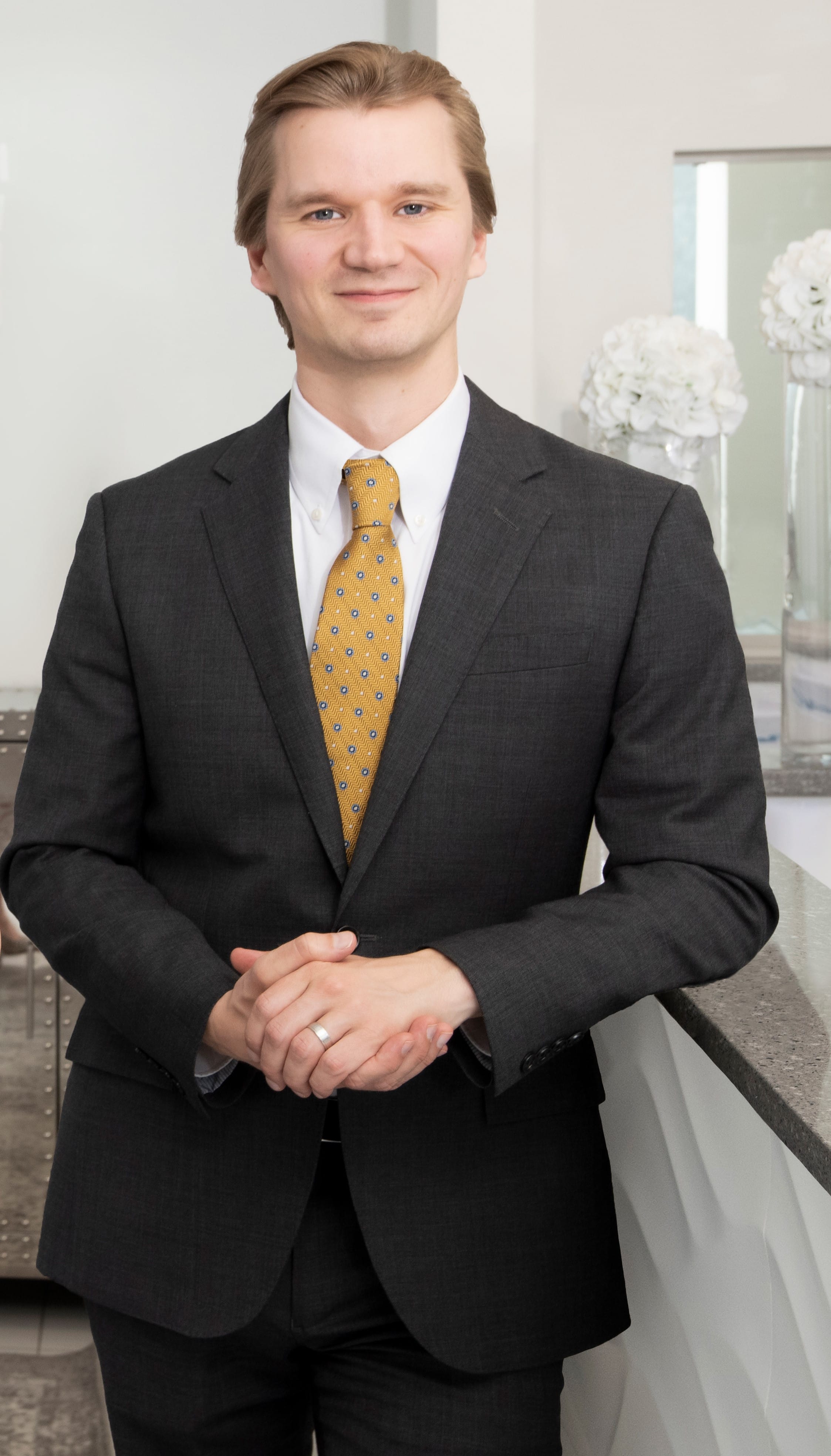
1. Varicose veins, and their variants, are very common. Nearly one quarter of US adults have them, and if you include small red spider veins (telangectasias) it’s more than 80% of people who have these, and nobody likes having them. They affect men and women, and are most common on the legs. Essentially, a varicose vein is a twisted and enlarge vein that is fairly close to the skin surface. As a result, they create twisting and swollen blue lines that many people find unattractive.These rarely cause any problems other than very legitimate cosmetic concerns.
2. Veins have a difficult job. They have to return blood to the heart, so in your lower body, and particularly in your legs, they are fighting gravity. To help keep blood flow in the right direction veins have small one-way valves allowing blood to flow upward and stop blood from going back towards the feet. However, these valves can fail and leave the veins facing a long, heavy column of blood that wants to flow the wrong direction. The pressure from this blood without the support of the valves leads to twisting and dilation of the thin walls of the veins. Pregnancy, being on your feet all day, and carrying excess weight all contribute to varicose vein formation.
3. Varicose veins for most part are not usually dangerous, but can still be symptomatic. The pooling blood can lead to muscle aches, leg heaviness, and soreness around the veins. Furthermore, pooled blood, which isn’t flowing as well, can more easily clot leading to painful blood clots. In some cases these clots can lead to more significant problems. Also, though less common, the vein walls can leak, or bleed into the surrounding tissue. This can lead to further discomfort and, in some cases, even ulceration and skin damage. The right time to see your doctor is when they are bothering you. If you are having achy legs, tenderness over the veins, or swelling you will benefit from speaking from your physician. Of course, another perfectly good time to get varicose veins checked is if you don’t like their appearance.
The smaller the vericose veins, the easier to treat, and they will likely enlarge over time if not treated. Small red spider veins are also easier to treat when they are smaller.
4. Treatment for varicose veins depends on their size and color. Small red spider veins are readily treated with a device called a hyfrecator and by certain types of laser. We enjoy helping out patients treat these at The Spiegel Center as they are very quick to respond, treatment is easy and comfortable, and there is instant gratification; the small red areas seem to vanish before your own eyes. Smaller blue and purple varicose veins can respond to a long pulsed YAG laser. This involves tracing the vein through the outside of the skin and using the laser to collapse and shrink the vein. For some varicose veins sclerotherapy is done. In sclerotherapy a medication is injected into the veins which makes it hard for blood to flow through them. The sclerosing medication collapses the vessel on itself and it scars shut. Once blood can’t flow through it, the vein essentially disappears from view. In other cases a laser fiber can be passed into the vein directly so that an internal laser heats the vein and makes it shrink. For the largest and most complex varicose veins surgery may be needed. Vein stripping involves making small incisions and actually removing the offending vein from the leg. This procedure requires anesthesia and a compressive dressing on the legs.
5. Most of the time prevention is the best treatment. Compressive stockings are available at many pharmacies that will compress these superficial veins to prevent blood from filling them. This helps improve the symptoms of varicose veins and keep them from getting worse. If you are on your feet much of the day this may be a good choice. Many surgeons and nurses who work in operating rooms choose to wear these compressive stockings. If you have a propensity to develop these, periodically elevating your legs may also help to improve blood flow and limit the pressure that will cause varicosities.





